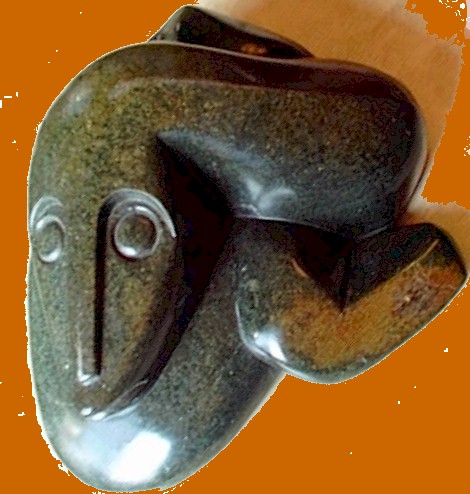
To act. To respond.
Ezek. 37.12-14; Rom. 8.8-11; Jn. 11.1-45
 |
Fifth
Sunday of Lent To act. To respond. Ezek. 37.12-14; Rom. 8.8-11; Jn. 11.1-45 |
We are getting closer to the Passion-tide and Easter and this is reflected in the three readings today, where they are talking in very different ways, about life out of death. And I'd like to put this thing, especially the passage from John, where they had Jesus say, "I am the Resurrection and the life." into the context of illumination. What this implies, of course, is that there is a part of us that is dead. Dead, in the way that Paul talks about being dead, when he talks about living in the flesh. To live in the flesh is to live in such a way that you are simply obtuse to God's own reality and power to change us, that power he refers to, in a typical Jewish way, as the Spirit of God. The Spirit of God dwells in you. The Spirit who animates. Then you're really alive. Humanly alive as God intended you to be alive. So we get another chance, with two more weeks of Lent to think about this business of illumination and to try to see in our own lives where we are dead.
We are dead because we are too busy, speaking for myself, and therefore unaware of the world, really. Or we have some kind of tunnel vision with regard to the world, seeing only those things which engage me and my agenda at this moment. We are dead to events. We are dead to reality. We are dead to other people, I think. And so when John has Jesus saying, "I am the Resurrection and the life", he's giving us a kind of investigative device whereby we can look at ourselves, ask that question, - which is not asked or even raised anyplace else - Where am I dead? Where am I obtuse? Where am I unaware? Insensitive? Unresponsive to the world? I can't respond to something I don't see. Or someone I don't see.
All these questions, of course, open a Pandora's box. How many of us have lived long enough to be able to look back and think: If only….If only… If only I had known. If only I had seen. If only I had reacted.
The Pandora's box and "If only" come together. Life is extraordinarily dense and complicated. As William James' wonderful phrase has it, it is "That buzzing, blooming reality." It's too much. Too much is there. Too much goes on. We have to tame it. We have to literally domesticate it. We have to make a home in this great wild chaos which is all the reality that surrounds us, in which we are immersed. We have to. Otherwise we can't live. That's what the parents with all the babies in this room have to do. They have to somehow persuade these babies that it's alright. That they’re not going to be overwhelmed by all this stuff. But then what does growing up mean? For me, unfortunately, it means most of the time that I remain in this infantile state, with this domesticated world that is tailored to only my own needs or my own appetites or my own interests and therefore makes me unaware of so much.
And that's where I'd like to suggest that this business of a heuristic is important. That is, to look back at my life, not with regret, so much as with some greater insight as to what I have missed, where I have been dead, where I have been insensitive, where I have reduced the world far too much, far too much. Because of my own need, my own narrowness. The narrowness is understandable as I said. If we were to breach every boundary, we would fall apart. We would leak out all over the world. We would leak out of ourselves where there would be nothing left of us. But to grow in Christ, to receive the Spirit of God, as Paul says, is to become like Jesus who seemed in an uncanny way to be alive to everything that was going on around him. And respond, above all, to those things that are most easily missed. Sick people. Weird people. Left out people. Ignored people. So, again, as one writer put it, the Gospel is always good news, bad news, good news. Good news in that it offers us all kinds of possibilities. Bad news when we start looking to see how we have realized those possibilities in our own lives. How deficient. How narrow. How small we have made the world. Then, ultimately, good news again because we believe in the Spirit of God who will open our eyes, our ears, our hearts. Not just to see and to hear but to act. To act. To respond. So that at the end we will not be buried with a whole bunch of "What ifs", but that we can thank God for God's patience with us. God willing to bring us beyond that narrowness. God willing to show us the world is larger than I want it to be. Because again, I don't want it to be very big. In fact, I am so busy, there is so much going on and this is my substitute for the real world that God wants me to see and respond to. But that's life from death. Jesus, the Resurrection, is illuminating us, promising with this reading from John to bring us, perhaps kicking and screaming to a larger but more real and richer role by far. And therefore to bring us to ourselves, to each other and to God.
Created: 30 Nov 1996
© Copyright: R. Trojcak, 1996, 1997, 1998, 1999, 2000, 2002
London Ontario Canada
Last Update: September 05, 2005
Comments: rtrojcak@hotmail.com